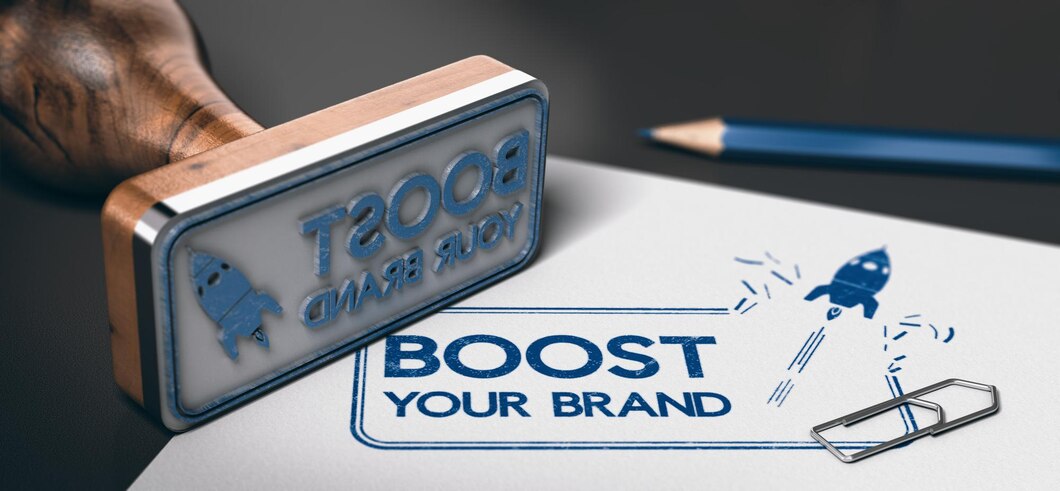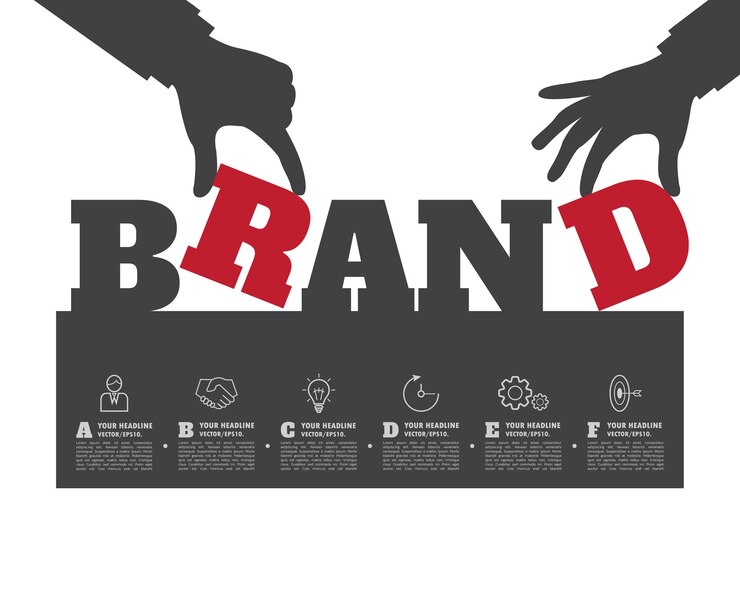Why Brand Reputation Matters?: Building Trust And Loyalty In The Digital Age
by Arnab Dey Business Development Published on: 22 September 2023 Last Updated on: 20 May 2025

Information flows freely, and consumer choices abound today, so the importance of brand reputation and reputation management has never been more pronounced, spanning businesses of all sizes. A company’s image, values, and audience perception can make or break its success.
In this article, we will delve into the significance of brand reputation, exploring how it influences consumer trust and loyalty in the fast-paced world of the internet, benefiting both big and small businesses alike.
The Digital Age: A Paradigm Shift
The digital age has revolutionized the way businesses and consumers interact. With the advent of the internet, social media, and online reviews, brand information is readily available and accessible. This transformation has shifted the balance of power from businesses to consumers, as they now have the tools to scrutinize and evaluate brands like never before.
The Power of First Impressions
In a world where most adults have internet access, first impressions are often made through a company’s online presence. A user-friendly, aesthetically pleasing, and informative website can leave a positive impression on visitors. Conversely, a poorly designed or confusing website can drive potential customers away.
Additionally, social media platforms serve as virtual shopfronts for businesses. The content a brand shares, engagement with its followers, and responsiveness to customer inquiries all contribute to the initial perception of the brand. These first impressions determine whether a consumer can explore further or move on to a competitor.
Trust: The Bedrock of Brand Reputation
Building trust is a cornerstone of brand reputation. Trust is the emotional connection that consumers have with a brand, and it is a fundamental factor in their decision-making process. When consumers trust a brand, they are more likely to purchase, recommend the brand to others, and remain loyal customers over time.
So, how can a brand establish trust in the digital age? Reputation management experts point out the following strategies:
- Consistency: Consistency in branding, messaging, and quality is key. Consumers’ consistent experiences with a brand across various touchpoints reinforce trust.
- Transparency: Transparency breeds trust. Brands that openly share information about their products, practices, and values are perceived as more trustworthy.
- Customer Reviews and Testimonials: Positive reviews and testimonials from satisfied customers can go a long way in building trust. Conversely, negative reviews can harm a brand’s reputation if not addressed properly.
- Social Responsibility: Brands that actively participate in social and environmental causes and communicate their commitment to making a positive impact are often seen as more trustworthy and socially responsible.

The Domino Effect: Trust Leads to Loyalty
Trust is the gateway to loyalty! When consumers trust a brand, they are more likely to make repeat purchases and become brand advocates, spreading positive word-of-mouth and influencing others. This ripple effect can significantly impact a brand’s growth and success.
Loyal customers are also less price-sensitive, which means they are willing to pay a premium for a product or service they trust. They are more forgiving of occasional missteps and are more patient regarding problem resolution. This loyalty can translate into long-term profitability for businesses.
The Role of Crisis Management
Information travels at lightning speed today. When it comes to brand reputation management, a company’s response to crises and negative events can profoundly impact its reputation. Mishandling a crisis can lead to a tarnished image and a loss of trust. Conversely, handling a crisis transparently, empathetically, and proactively can enhance a brand’s reputation.
Consider the example of a food delivery service that faces a public health scare related to its products. If the company swiftly recalls the affected items, communicates transparently with customers and implements stricter quality control measures, it can demonstrate its commitment to customer safety and mitigate reputation damage.
Measuring and Monitoring Reputation
To effectively manage brand reputation in the digital age, companies must employ various tools and strategies for measurement and monitoring. Online brand reputation management tools can track mentions, reviews, and sentiments about the brand across the internet. Social media monitoring allows brands to stay updated on conversations related to their products or services.
Measuring reputation involves assessing key metrics such as Net Promoter Score (NPS), customer satisfaction surveys, and social media engagement. These metrics provide valuable insights into how the brand is perceived and whether it builds trust and loyalty among its audience.
Final Thoughts
Brand reputation is crucial for businesses. Trust, built through consistency, transparency, and social responsibility, leads to customer loyalty, profitability, and positive word-of-mouth. Vigilant monitoring and effective crisis management are necessary in the digital age. Responding promptly and transparently to crises can enhance or preserve reputation. A strong brand reputation is essential for long-term success in a world shaped by online reviews. Businesses must recognize its value in building customer trust and loyalty.
Read Also:



































































































